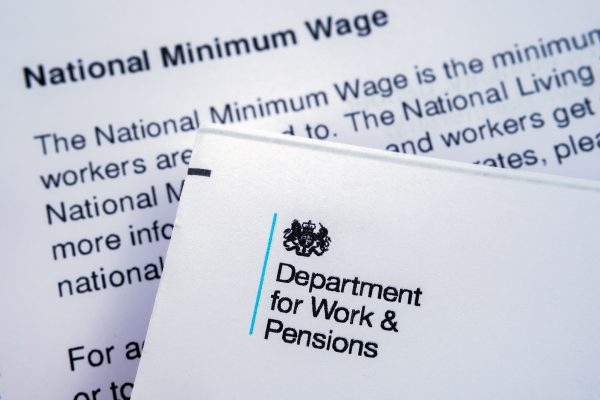Overview:
The Employment Appeal Tribunal has this week made a landmark decision in relation to the calculation of holiday pay. This is a highly controversial decision which, it is highly anticipated, will be appealed. The Government have also announced that they will be setting up a ‘Task Force’ to look into the matter further, due to the potentially huge impact this ruling will have on businesses in the UK.
This was in the news earlier in the year when it was debated as to whether commission payment should be included when calculating holiday pay, which is undergoing appeal, due to be decided on in February 2015. The Tribunal has now been asked to consider whether overtime must also be taken into account here as well.
The case centred on the Tribunals interpretation of the European Directive and if the National Law was compatible with that interpretation. As part of our membership to the European Union, all UK law must be implemented in line with the intentions of the EU Directives. If it is deemed that the National Law is incompatible, the Tribunal can rule that the law should be changed.
Crux of the Decision:
Under the EU Directive, workers should be entitled to their ‘normal pay’ when taking annual leave. Previously this was interpreted into National Law as meaning the employee’s basic wage only. However the Tribunal has ruled that this is unfair, and from this case has deemed that overtime should now be included (averaged over previous 12 weeks) in any holiday pay.
It is worth noting at this stage that this will only apply to the first 4 weeks of the employee’s annual leave, as this is the minimum holiday allowance given in the EU Directive. The additional 1.6 weeks given under National Law and any additional annual leave you give to your employees over and above the statutory minimum will not be subject to this ruling.
At present it is inferred that this will only be implemented for mandatory overtime, as the ruling states nothing about voluntary overtime (unless regularly worked). However this may alter at a later date.
Backdating Claims:
The ruling made it clear that the UK law is incorrect and as such employees are entitled to backdate their claim to previous periods of holiday pay. This appears highly unfair on businesses, as they were simply complying with the law that was present at the time.

Octane Finance is the broker of choice for new and used car dealers nationwide. With our uncompromising service levels and our genuine and professional approach, you and your customers can trust us to deliver.
However, the Tribunal have limited that period of backdating by stating, if there is a break of more than 3 months in a ‘series of underpayments’ that will break the chain and thus backdating will cease from that date.
An unlawful deduction from wages will occur from the date the deduction was made, i.e when they are paid for that period of holiday, and not when the leave was taken.
In essence, this means that the employee will have to trace back to each period of holiday they have had, and if this holiday is taken within 3 months of the last one, they can go further back, until there is a break of more than 3 months:







